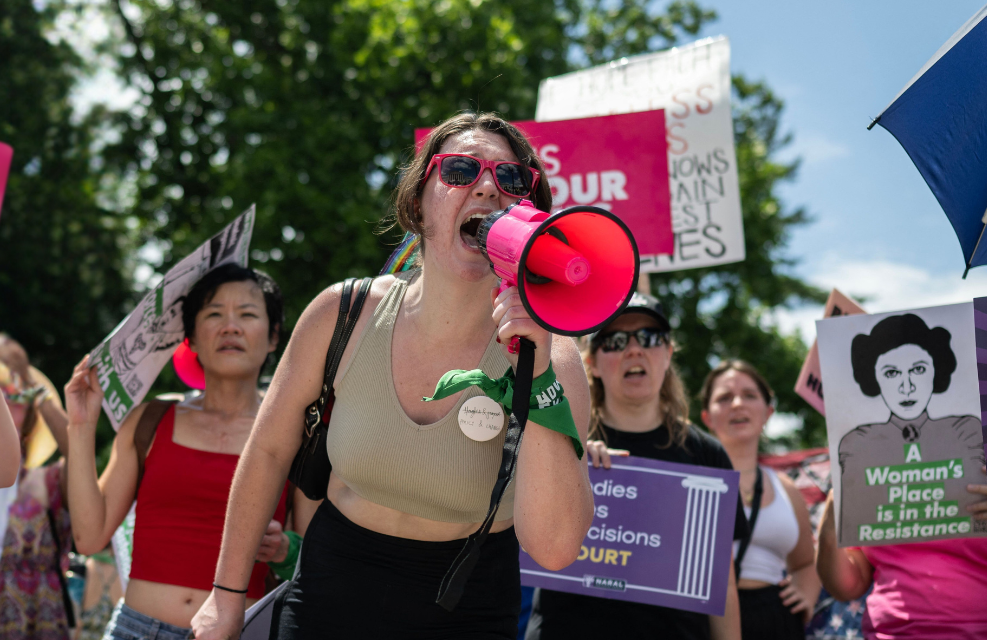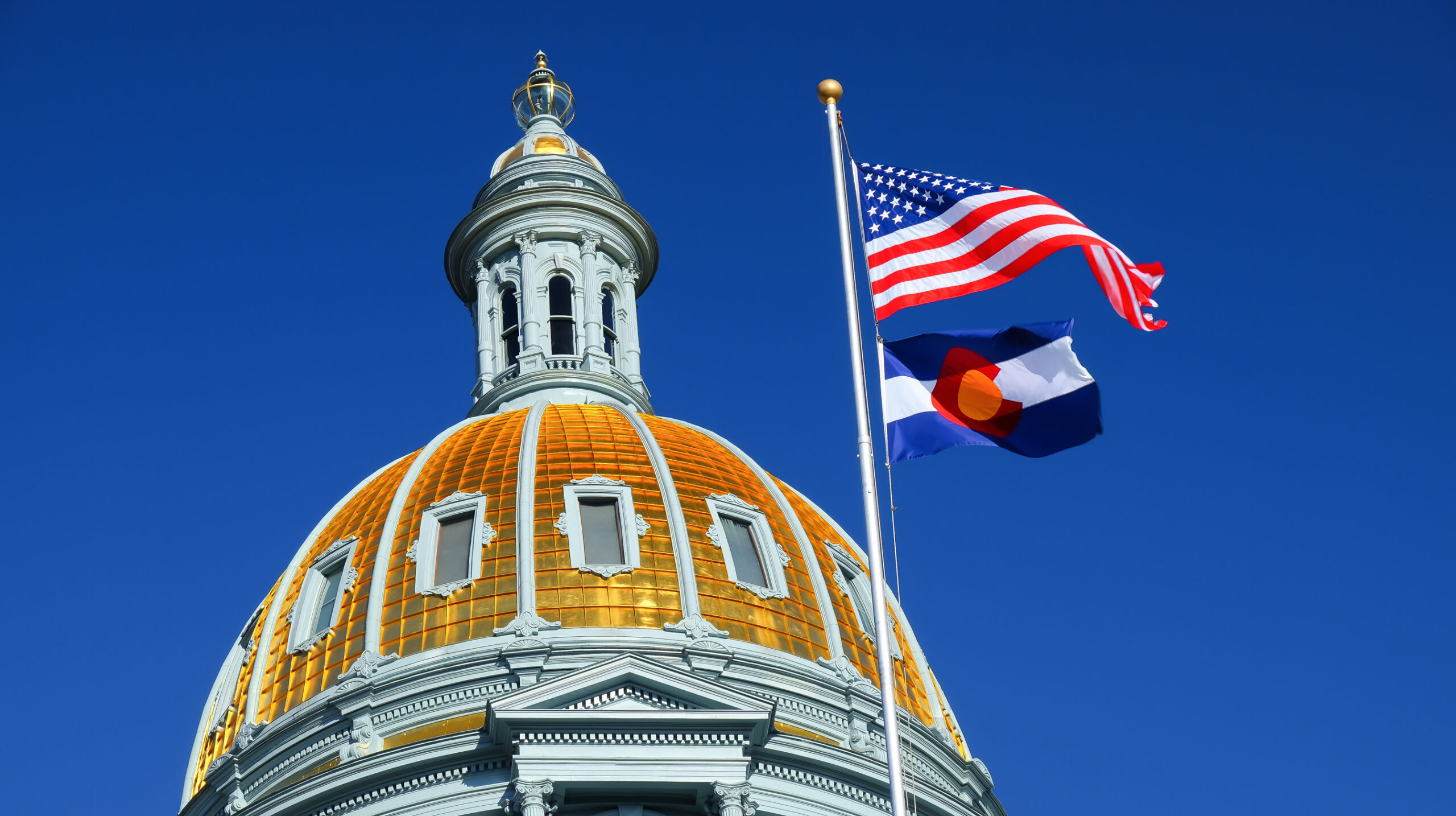U.S. Supreme Court Divided on Defunding Planned Parenthood

On Wednesday, the United States Supreme Court appeared divided during oral argument over South Carolina’s decision to defund Planned Parenthood.
Ultimately, it comes down to if the people of South Carolina can determine they don’t want to fund activities that result in the killing of a human life.
Legally, the Court is asked to consider the statutory intent behind the Medicaid Act to determine, whether South Carolina can exclude Planned Parenthood from the state’s Medicaid program.
Based on oral argument, it’s not clear where a majority of the Court stands at present.
Background
The case, Medina v. Planned Parenthood South Atlantic, originated in 2018 when the South Carolina governor issued an executive order prohibiting abortion clinics from participating in the state’s Medicaid program.
Planned Parenthood immediately sued the state, and the case has been making its way through the court system.
In December 2024, with federal circuit courts split on how to interpret the underlying federal law, the U.S. Supreme Court agreed to hear the case.
Oral Argument
During oral argument on Wednesday, the justices spent a majority of the time discussing whether Congress intended to confer a statutory “right” to choose “any qualified provider,” under the Medicaid Act. This would include a mechanism for individuals to sue the state when their choice of doctor is rejected.
As expected, Justices Elena Kagan, Sonia Sotomayor and Ketanji Brown Jackson argued the language in the Medicaid Act confers a right to individuals; therefore, the state cannot exclude Planned Parenthood from the Medicaid program.
Counsel for South Carolina responded to their comments, contending that if Congress wanted to use clear rights language it could have. Unfortunately, Congress didn’t when it drafted the law.
The remaining six conservative justices all raised questions related to rights creating language, but didn’t seem to be advancing a united judicial theory.
Justice Brett Kavanaugh and Neil Gorsuch expressed concern in providing clarity to the lower courts regarding rights creating language.
Justice Clarence Thomas asked questions relating to the fact that the statute is not clear when it comes to rights-creating language.
Chief Justice John Roberts and Justice Amy Coney Barrett seemed to think past court precedent was enough guidance for the lower courts.
Pro-Life Allies
Alliance Defending Freedom partnered with South Carolina to defend the state’s position and held a rally with pro-life allies on the Supreme Court steps before and after oral argument.
ADF's @john_bursch speaks to the press after today's oral arguments at the U.S. Supreme Court.
— Alliance Defending Freedom (@ADFLegal) April 2, 2025
State officials should be free to determine that Planned Parenthood—a multi-billion-dollar activist organization—is not a real healthcare provider and is not qualified to receive… pic.twitter.com/WGxDpPwwdG
South Carolina received an impressive amount of support in the form of friend-of-the-court briefs from the federal government, 18 states, Members of Congress, doctors in South Carolina and pro-life organizations.
Impact
The Supreme Court’s decision in this case could be far reaching. A ruling in favor of South Carolina could empower other states to exclude Planned Parenthood from Medicaid, potentially cutting a major funding stream to the abortion provider.
The Supreme Court is expected to issue a ruling in the case by June of this year.
The Daily Citizen will keep you updated on this developing story.
Image from Getty.
ABOUT THE AUTHOR

Nicole Hunt, J.D., is an attorney and serves as a writer and spokesperson at Focus on the Family. She provides analysis and advocacy engagement for Christians to promote faith, family, and freedom. Some of the issues she writes and speaks on include life, religious freedom, parental rights, marriage, and gender. Prior to joining Focus on the Family, Nicole practiced employment law specifically advising businesses and ministries on employment policies and practices. Nicole worked in Washington, D.C. as a Legislative Assistant to two Members of Congress. During her time on Capitol Hill, Nicole provided policy analysis and voting recommendations to Members of Congress on a variety of public policy matters, wrote speeches, drafted committee statements and questions, wrote floor statements, produced legislation and amendments to legislation, met and developed networks with constituents and interest groups, and worked on regional projects. In addition, Nicole served as an intern to Former Attorney General Ed Meese in the Center for Legal and Judicial Studies at the Heritage Foundation, provided legal analysis to Americans United for Life, and interned in the Office of Strategic Initiatives at The White House during the George W. Bush Administration. Nicole earned her J.D. from George Mason University Antonin Scalia Law School and her Bachelor of Arts in Philosophy and Political Science from Westmont College. Nicole enjoys riding horses and spending time camping and hiking with her family in the great outdoors. Nicole is married to her husband, Jeff, and they have four children. Follow Nicole on Twitter @nicolehunt
Related Posts

Pro-Life Coloradans: Let’s March for Life
April 4, 2025

IVF’s Own ‘House of Horrors’
March 28, 2025


